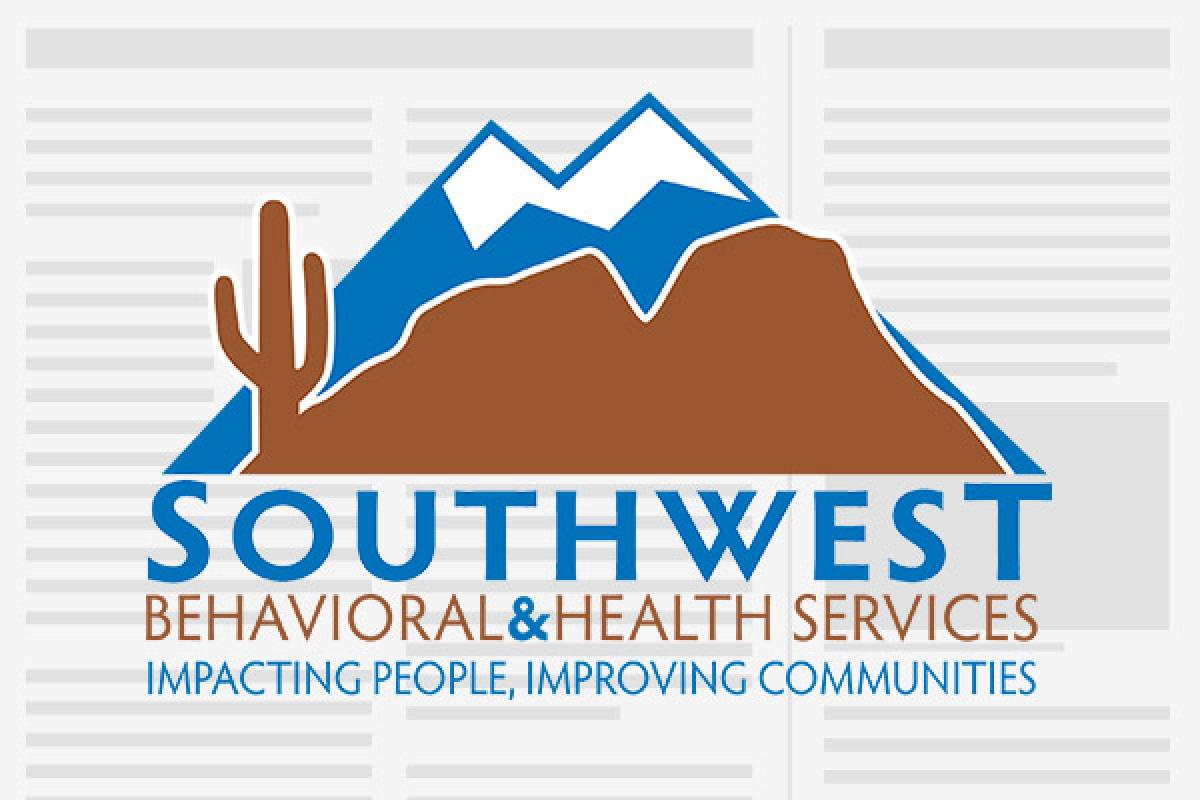
While our blogs often tackle parenting struggles and strategies involving school-aged kids, there is a lot that parents of babies, toddlers and preschoolers can do to lower the risk of substance abutse, even at these early stages.
Research shows that early childhood trauma has a strong link to the development of substance abuse disorders later on in life. Dr. Edward Tronick’s Still Face Experiment demonstrates how stressful it is for a young child to have parental affection withheld. When a young child experiences traumatic events, especially in the absence of parental soothing and support, they don’t learn to self-soothe. This sets them up to seek external sources of comfort, such as drugs and alcohol, as they grow up.
Parents need to understand their important role from birth onward in setting up their children for lifetimes free of addition and the entire constellation of tragedy that accompanies it. Developing a strong connection through empathy and affection will allow a child to successfully process stressful events that might otherwise cause changes in the brain’s development, increasing risk for the onset of substance abuse.
Showing respect, even for very young children, is another key element to parenting for prevention. This does not mean giving them their way when it’s not appropriate. It means recognizing their dignity as a fellow human being and treating them accordingly. Even if we must deny them something they want, we can do so while speaking to them calmly, refraining from put-downs and comparisons with other children, and validating their feelings, if not their actions. We can also educate ourselves on the unique temperaments of our children, their particular manner of communicating their needs, and ways we can respond to their individual needs, instead of assuming a one-size-fits-all approach.
For more information related to the topic of the needs and parenting of young children and its connection to the prevention of early onset use and substance abuse disorder later in life, join DrugFreeAZKids.org for a free webinar on August 19, 2015 from noon to 12:30. Happy parenting!













